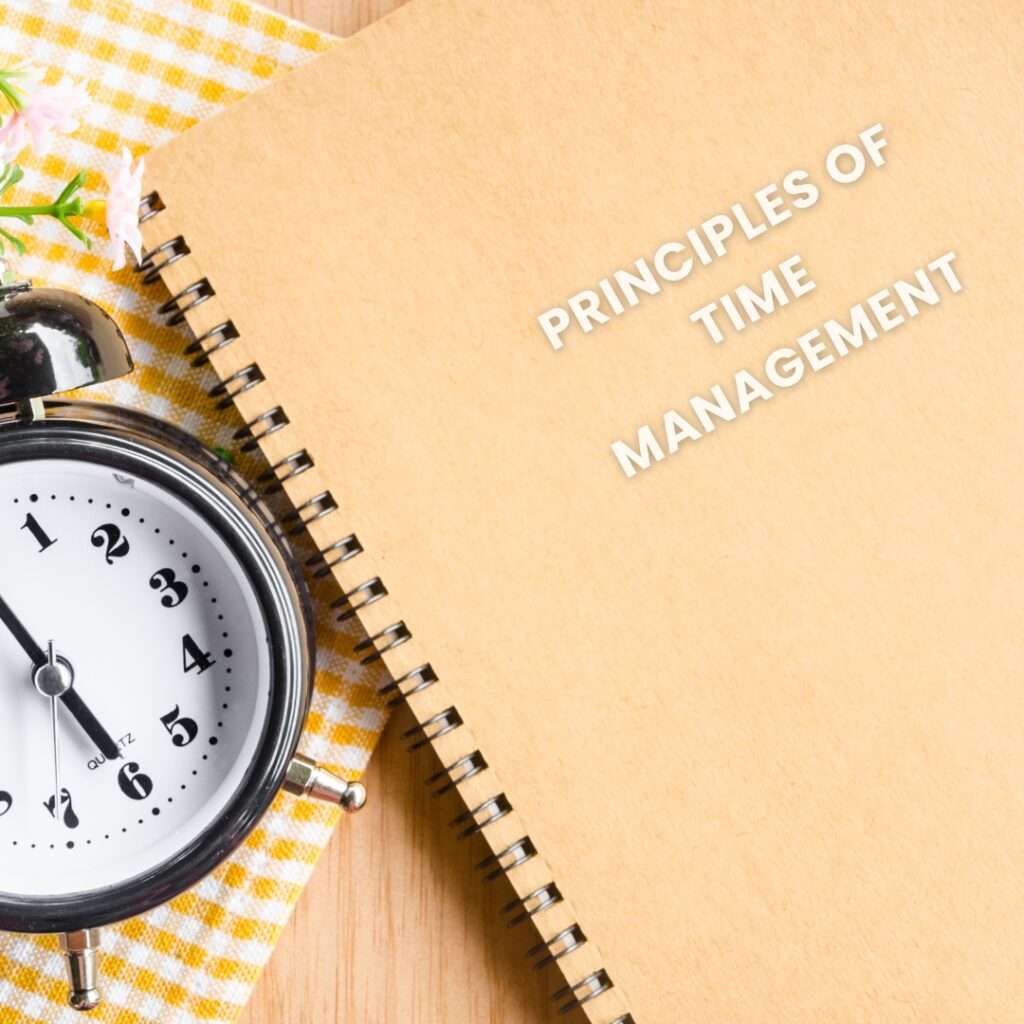Mastering Time Management: Your Road to Productivity


Introduction:
In today’s fast-paced world, time management is a skill that can make the difference between feeling overwhelmed and achieving your goals with confidence. Effective time management isn’t about working longer hours but rather about making the most of the time you have. This comprehensive guide will help you master time management and pave your road to productivity, whether in your personal or professional life.
The Importance of Time Management

- Increased Productivity:
Effective time management allows you to accomplish more in less time. It enables you to work smarter, not harder. - Reduced Stress:
When you have a well-organized schedule, you can reduce stress and anxiety by knowing what to focus on and when. - Better Work-Life Balance:
By managing your time effectively, you can create more time for the things that matter most to you, including family, friends, and personal interests. - Goal Achievement:
Time management is essential for setting and achieving both short-term and long-term goals. It keeps you on track and motivated.
Principles of Time Management

- Set Clear Goals and Priorities:
Define your goals and identify your priorities. Having a clear sense of what’s most important will help you allocate your time wisely. - Create a To-Do List:
Write down your tasks and responsibilities. A to-do list helps you organize your day and ensures nothing is forgotten. - Plan Your Day:
Allocate specific time blocks for tasks, meetings, and breaks. Planning your day ahead of time minimizes the chance of distractions and wasted time. - Eliminate Distractions:
Identify common distractions, whether it’s your smartphone, social media, or noisy colleagues. Minimize or eliminate these distractions to stay focused. - Set Deadlines:
Deadlines create a sense of urgency, which can boost productivity. Set realistic deadlines for tasks and stick to them. - Learn to Say “No”
Don’t overcommit. Politely decline additional tasks or commitments when you’re already stretched thin. - Delegate When Possible:
Delegate tasks to others, especially those that can be done more efficiently by someone else. - Prioritize and Time-Block:
Use the Eisenhower Matrix to categorize tasks into four groups: urgent and important, important but not urgent, urgent but not important, and neither urgent nor important. Focus on the tasks in the first two categories.
Tools for Effective Time Management

- Time Management Apps:
Use time management apps like Trello, Asana, or Todoist to help you organize tasks and set deadlines. - Calendar Apps:
Sync your tasks and appointments with a calendar app, such as Google Calendar or Apple Calendar, to maintain an organized schedule. - Pomodoro Technique:
Try the Pomodoro Technique, which involves working in 25-minute focused intervals followed by a 5-minute break. This technique can help maintain your concentration. - Time Tracking Apps:
Use time tracking apps like Toggl or RescueTime to monitor how you spend your time and make necessary adjustments.
Avoiding Time Management Pitfalls

- Multitasking:
Contrary to popular belief, multitasking is not an efficient way to manage time. It can lead to decreased productivity and lower the quality of your work. - Perfectionism:
Striving for perfection can lead to excessive time spent on a task. Instead, aim for excellence and move on to the next task. - Lack of Flexibility:
While a schedule is essential, rigidly sticking to it, even in the face of unexpected events, can be counterproductive. Be flexible and adjust your plan as necessary. - Failure to Reflect and Adjust:
Regularly review your time management strategies and be willing to adjust them as needed. What worked in the past may not work in the future.
Conclusion
Mastering time management is an ongoing process, but it’s a skill that can significantly improve your productivity and quality of life. By setting clear goals, creating a structured plan, eliminating distractions, and using time management tools, you can pave the road to productivity and achieve your goals with confidence. Remember that time is a precious resource, and how you use it can shape your success and fulfillment in every aspect of your life.










